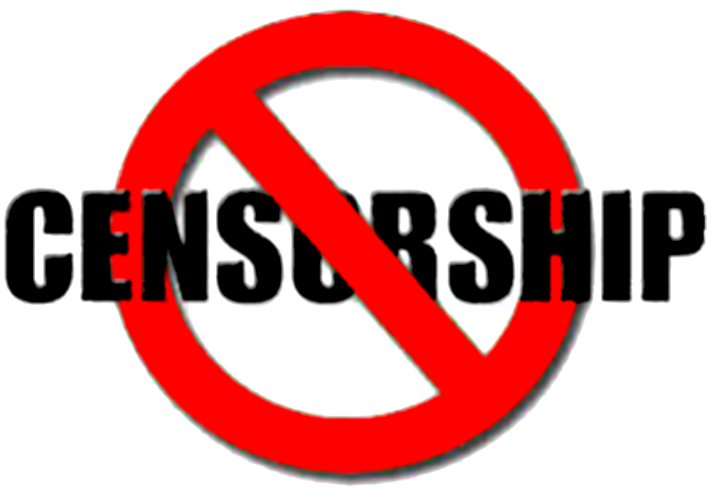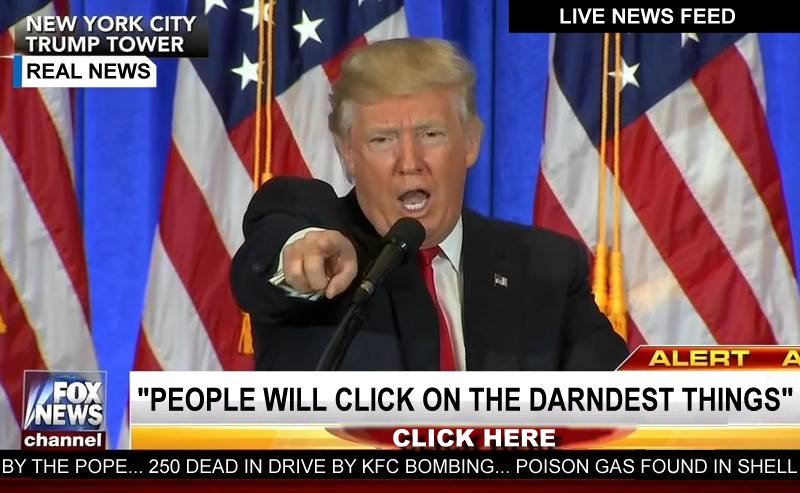I see Google, Facebook, and YouTube actively engaging in censorship, and it bothers me. I can honestly say, “I do not like censorship.” Not to say that Instagram, Pinterest, Twitter, or Snapchat are not data mining and manipulating their just as much as Google, Facebook, and YouTube, because they are. They have just not risen to the level of squashing free speech to the level of the Big 3, yet.
I get it. These are companies. They are certainly entitled to censor their users, just as any shop owner might post a “No Shoes, No Shirt, No Service” regulation. Businesses have the ability to reserve the right to refuse service to anyone. Is it good policy? I don’t know, but it seems to be reasonable to me.
Banned from YouTube
Just the other day, a friend of mine’s YouTube account was deleted due to a violation of YouTube’s terms of service. My friend had posted a video that included a personal testimony and an associated opinion that my friend believed to be true.
YouTube determined (by whatever method was utilized) that my friend’s truth was contradictory to YouTube’s definition of truth, and therefore deemed my friend’s truth as disinformation.
Okay, I agree that YouTube has the right to police their own userbase and limit how they use the “free service” that they provide. Of course, we know the free service is heavily monetized by exploiting the userbase as their revenue source.
You might think that restricting the video might be an appropriate reaction, but instead, in accordance with YouTube policies, my friend’s entire account was deleted. All the videos are gone. And if that wasn’t enough, my friend was sent a Dear John letter which clearly stated that this included being forever banned from ever possessing a YouTube account in any way, manner, or form in the future. Period.
Banned from Facebook
On Facebook, no doubt you’ve seen Zuckerberg’s attempt to also determine what is truth while trying to hide behind third-party fact-checkers. More censorship. And user accounts that are not in compliance with their policies are also being suspended, banned, or deleted due to “someone’s” perception of truth.
Banned from Google
Google’s attempt at censorship is in the controlling of what you have access to via their search engine. They do not ban you, but they ban what you have access to, so you never know it existed. If the Google thought machine deems something to be misinformation or fake news.
There was a time when Google’s search results were unfiltered and not restricted. It reminded me of having access to a library back in the day.
I could go to the library and have access to a wide variety of information from the kooky and bizarre to classic literature, practical how-to information, and more current academic work all in one place. (I am still somewhat traumatized by the information that I had access to from libraries back in my youth but grateful for having access to that information nonetheless.)
With Google? You obtained instant inclusive results and access to most all the information you could possibly imagine (way more than you could get from vising a hundred libraries) at lightning speed. A researcher’s dream come true.
That was then. This is now. Today, in comparison, Google’s search results are sorely lacking.
Mind Control
Is there an underlying theme of controlling the minds of the world, to manipulate what the masses believe to be truth? (See: How to Exert Mind Control Over the Masses.) In recent appearances before the US Senate Judiciary Committee, the companies maintain they are acting in the best interests of their users to prevent the spread of misinformation or “fake news.”
The government would certainly like to play a part in determining what is proliferated as truth within our borders and beyond. This is a matter which will be part of further negotiations with the information and media providers as well as the social media outlets in the upcoming months.
Obviously, they do not realize that truth can only be determined by one person: You. It cannot be dictated. Truth is a continuum. And having access to varying data and points of view are of primary importance to any scientific method.
If they (whoever they may be) can control the information you have access to, they could reasonably conclude that they can control your thoughts. If they can control your thoughts, they can control what you believe, say, and do.
Let Us Think for Ourselves
I believe we are better than they give us credit for. I think people can and should be able to think for themselves. I think you must have access to all the thought that is available to arrive at your own conclusions, to believe whatever you want, and call that truth, whatever it is.
Empower us to do our own fact checks. I learned about fact-checking, before sharing something that was designed to make me click-and-share the click-bait so that my personal profile could be expanded and targeted the hard way, and I became a more cautious user because of the experience.
We all can learn how to do this. We do not need to resign ourselves to existing in an information vacuum.
Free Speech
So, how do we preserve free thought and free speech?
I do not think we can trust companies to provide us with unbiased access because it does not support their financial monetization strategies. Greed and amassing tremendous fortunes while cashing-in on the exploitation of others tends to cloud one’s judgment.
Though it would be nice to have unrestricted information and media providers as well as open social media outlets. I have asked myself,
What if I were to do it?
What if I were to create a totally free platform, free from censorship? What would that look like?
If it were me, I also would have to provide some parameters for users, or else I would be providing a breeding ground for exploitation, nefarious individuals, and criminal activity. Things that would interfere with my concept of making the world a better place.
The answer is not an easy one.
But I believe we could do better.


